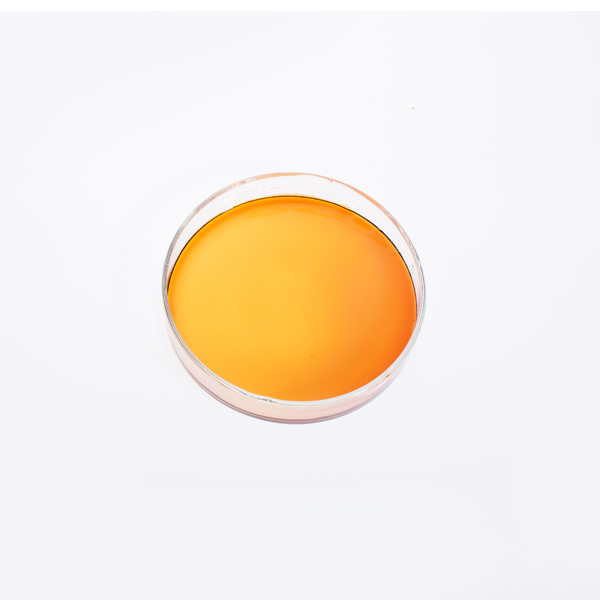
News
Th10 . 01, 2024 21:15 Back to list
Understanding the Benefits of Iron Chelated Fertilizers for Healthy Plant Growth
The Importance of Iron Chelated Fertilizers in Agriculture
Iron plays a critical role in various physiological processes in plants, including chlorophyll synthesis, respiration, and nitrogen fixation. However, iron deficiency is one of the most common nutrient deficiencies affecting crops worldwide, leading to poor growth, yellowing leaves (chlorosis), and reduced yields. One effective solution to this problem is the use of iron chelated fertilizers.
Iron chelation refers to the process in which iron ions are bonded to organic molecules, known as chelators. This bonding helps to enhance the solubility and availability of iron in the soil, making it easier for plants to absorb the nutrient. Traditional iron fertilizers can be limited in their effectiveness due to their tendency to precipitate and become unavailable under certain soil conditions, particularly in alkaline soils. This is where iron chelated fertilizers shine, offering a more efficient and effective means of supplying iron to plants.
There are various types of chelating agents used in iron fertilizers, including EDTA (ethylenediaminetetraacetic acid), EDDHA (ethylenediamine-N,N'-diacetic acid), and DTPA (diethylenetriaminepentaacetic acid). Each of these chelators has different properties and stability under diverse soil pH conditions. For instance, EDDHA is particularly effective in alkaline soils, while DTPA can be used in mildly alkaline conditions. The choice of chelator depends on the specific soil characteristics and crop requirements.
One key advantage of using iron chelated fertilizers is their quick action
. Once applied, these fertilizers can be rapidly absorbed by plant roots, effectively alleviating iron deficiency symptoms in a short time. This rapid response is particularly beneficial for high-value crops that require immediate nutrient replenishment to maintain growth and yield quality.iron chelated fertilizer

Moreover, iron chelated fertilizers contribute to sustainable agriculture practices. By providing a readily available source of iron, they reduce the need for excessive applications of conventional fertilizers, minimizing the risk of soil and water contamination. Additionally, the enhanced growth and health of plants treated with chelated iron can lead to improved resistance against pests and diseases, further decreasing the reliance on chemical pesticides.
Iron chelated fertilizers also play a significant role in improving soil health. They promote beneficial microbial activity in the soil, fostering a more balanced ecosystem that supports plant growth. Healthy soil microbiomes contribute to nutrient cycling and organic matter decomposition, creating a more fertile environment for crops.
It is essential, however, for farmers and agricultural practitioners to understand the proper application rates and timing for iron chelated fertilizers to maximize their benefits. Soil testing can provide valuable insights into existing nutrient levels, helping rationalize fertilizer application based on specific crop needs.
In conclusion, iron chelated fertilizers are a vital agricultural input that addresses iron deficiency in plants and enhances overall crop health. With their ability to improve nutrient availability and support sustainable farming practices, these fertilizers represent an innovative solution that can significantly boost agricultural productivity and food security in the face of growing global challenges. As awareness of their benefits continues to spread, iron chelated fertilizers are likely to become an increasingly important component of modern agricultural systems.
-
OEM Chelating Agent Preservative Supplier & Manufacturer High-Quality Customized Solutions
NewsJul.08,2025
-
OEM Potassium Chelating Agent Manufacturer - Custom Potassium Oxalate & Citrate Solutions
NewsJul.08,2025
-
OEM Pentasodium DTPA Chelating Agent Supplier & Manufacturer High Purity & Cost-Effective Solutions
NewsJul.08,2025
-
High-Efficiency Chelated Trace Elements Fertilizer Bulk Supplier & Manufacturer Quotes
NewsJul.07,2025
-
High Quality K Formation for a Chelating Agent – Reliable Manufacturer & Supplier
NewsJul.07,2025
-
Best Chelated Iron Supplement for Plants Reliable Chelated Iron Fertilizer Supplier & Price
NewsJul.06,2025
